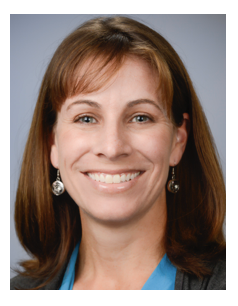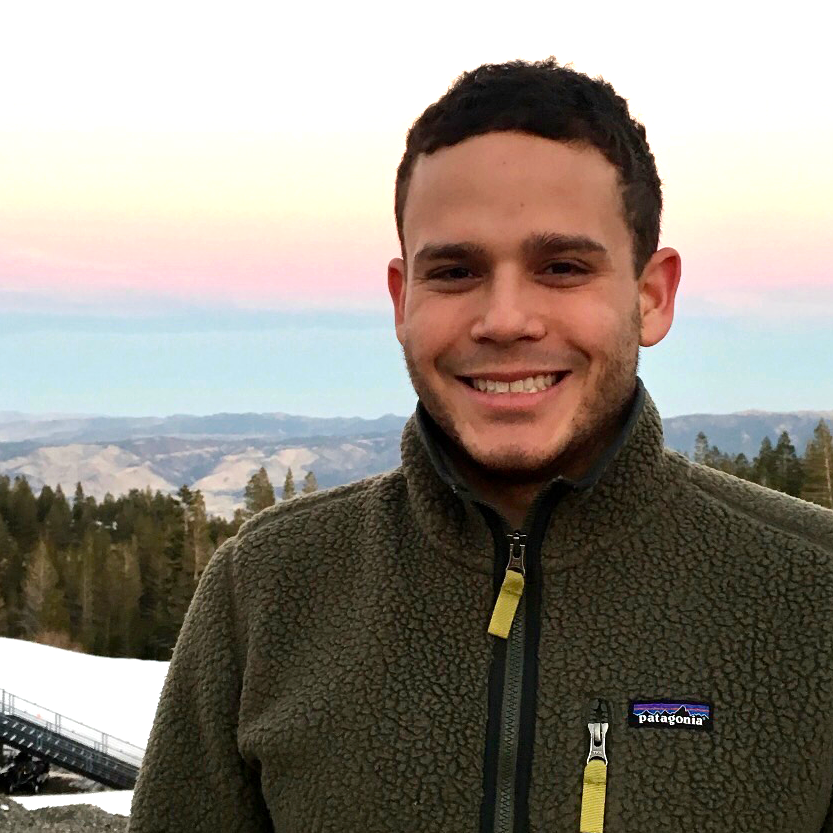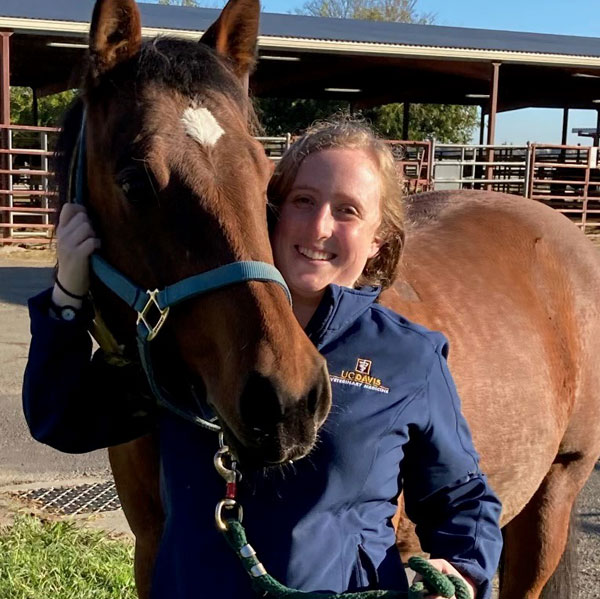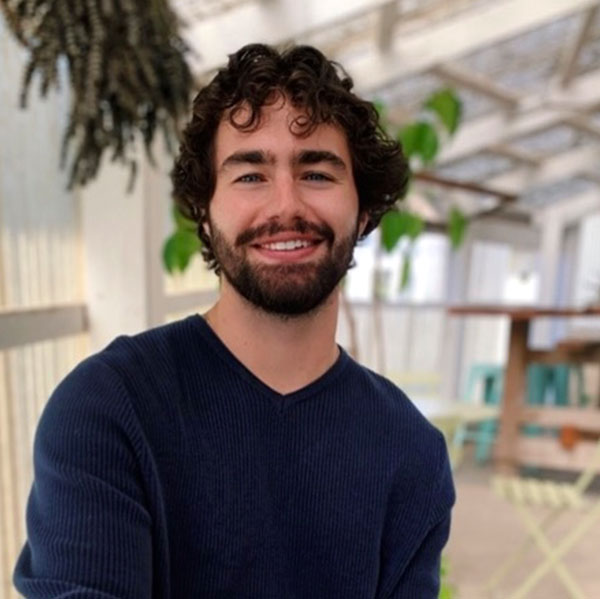Contact the Finno Laboratory

Dr. Carrie J Finno, Director
Current Research
Interested in supporting equine research by sending us samples of your horse? For sample specifications, or to enquire enquire about our on-going research projects, please contact Lab Manager Valerie Asmus Johnson.
Our Shipping Address:
1284 Veterinary Medicine Drive
Vet Med 3A, Rm #4206
Davis, CA 95616
+1 530 752 0915
Valerie Asmus Johnson
Lab Manager
University of California - Davis
Finno Laboratory
Equine Genetics
Vitamin E-associated Neurodegeneration
Awards
- 2022 Chancellor’s Fellow
2021 Zoetis Excellence in Research Award - 2012 James M. Wilson Award, Center for Equine Health, UC Davis
- 2011 Merial/NIH National Veterinary Scholars Symposium Young Investigator Award, 2nd place
- 2010-2011 Ann Bowling Scholarship for Equine Genetics
- 2010 American Association of Equine Practitioners Young Investigator Award
- 2009 California Thoroughbred Foundation Louis R. Rowan Fellowship
- 2007 House Office Seminar Day Award, Large Animal Research Study
- 2004 Dr. Colin Krog Class of 1978 Memorial Scholarship
- 2003 Joseph E. Salsbury Veterinary Medical Scholarship
- 2003 Points of Pride Research Day Poster Award
- 2002 Minnesota Horse Council Scholarship
Professional Societies
CBS Grad Group Affiliations
Graduate Groups not Housed in CBS
Funding Sources
- NIH IK01OD015134
- NIH L40_TR001136
- NIH Office of Dietary Supplement
- Arabian Horse Foundation
- American Quarter Horse Foundation
- Center for Equine Health (UC Davis)
- University of Sydney Priority of Partnership Collaboration
- Morris Animal Foundation
- Grayson Jockey Club Foundation
Laboratory Members

Welsey Leigh (Lab Manager)
As an undergraduate, Wesley majored in Neurobiology at the University of Pennsylvania. Thereafter, he attended graduate school under Dr. Kenton Sanders and Dr. Salah Baker to investigate the role of the interstitial cells of Cajal (ICC)in colonic and gastric motility. He has extensive experience with in-situ and in-vivo 2-photon Ca2+ transient imaging, colonic contractile recording, electrophysiological experiments, qPCR, and many molecular biology techniques. After graduate school, Wesley worked as a Lab Manager for two labs at UC Davis that investigate the Gut-Brain Axis and Neuro-Immune circuits. He recently joined the Finno Laboratory as a Lab Manager and is excited to work on the role of Vitamin E in Neurodegeneration.

Dr. Tomasz Szmatoła
Dr. Szmatoła is a bioinformatician from the Center for Experimental and Innovative Medicine of the University of Agriculture in Kraków and the National Research Institute of Animal Production. He recently received a Fulbright Senior scholarship to work at UC Davis. He specializes in the analysis of data related to Next Generation Sequencing (NGS), mainly associated with animal genomics, transcriptomics or epigenetics. In particular, he is interested in the possibility of combining omics datasets, looking for relationships between them and holistically examining particular problems. His scientific interests include the search for polymorphic variants associated with genetic diseases in animals, hence his interest in the subject of juvenile idiopathic epilepsy in Arabian horses. In addition, he is fascinated by learning new programming languages, searching for better data analysis solutions or simply graphical presentation of the results thanks to the use of newer and better R package libraries.

Dr. Stephanie Ryan (Ph.D. Student)
Dr. Ryan received her Bachelors of Science in Genetics from UC Davis. She continued her education at UC Davis School of Veterinary Medicine with a focus on mixed species. Currently, she is a Ph.D. student in the Integrative Pathobiology graduate group, and is a Comparative Oncology T32 Trainee. Her research focuses on the role of vitamin E status in the development and severity of cisplatin induced peripheral neuropathy (CIPN), a side effect of platinum-based chemotherapeutics which can lead to permanent gait abnormalities and pain. She is also exploring genetic variants found in horses with equine neuroaxonal dystrophy, with the goal of uncovering the genetic basis for the disease.

Harrison Heath (Research Data Analyst)
Harrison earned his Bachelor's Degree in Biotechnology from UC Davis. During his undergraduate career, he was an undergraduate researcher with the Finno Laboratory, where he focused on bioinformatics. He is now a Research Data Analyst, primarily studying the effects of splice site and intergenic variants using whole genome sequencing and transcriptomics. His goal is to contribute to our understanding and annotation of the horse genome. Additionally, Harrison is involved in other projects in the lab as a data analyst and curator.

